Choosing between quartz and marble countertops is a significant decision for homeowners embarking on a kitchen or bathroom renovation. Each material has its unique characteristics, and the choice often depends on individual preferences, lifestyle, and budget considerations. Quartz countertops, engineered from a combination of natural quartz crystals and resins, have gained popularity for their durability and low maintenance. They offer a wide range of colors and patterns, providing homeowners with versatile design options to suit various aesthetics, from modern to traditional.
On the other hand, marble countertops, crafted from natural stone, exude timeless elegance and a luxurious appeal. The unique veining patterns and subtle color variations in marble create a sophisticated and refined look. However, it’s essential to note that marble is more porous than quartz, making it susceptible to staining and etching. Regular sealing is required to protect the surface and maintain its pristine appearance, making marble countertops better suited for those willing to invest time in maintenance.
Durability is a crucial factor when weighing the pros and cons of quartz and marble countertops. Quartz, being an engineered material, is non-porous and highly resistant to stains, scratches, and heat. This makes it an excellent choice for high-traffic areas in the kitchen where spills and food preparation are frequent. Marble, while durable, is more susceptible to scratching and staining, and its porous nature requires more cautious maintenance to avoid damage from acidic substances.
In terms of cost, quartz and marble countertops occupy different ends of the spectrum. Quartz is generally more budget-friendly than marble, making it an attractive option for homeowners who want a luxurious look without the hefty price tag. Marble, with its natural beauty and elegance, tends to be a higher-end option, appealing to those willing to invest in a classic and sophisticated aesthetic for their kitchen or bathroom.
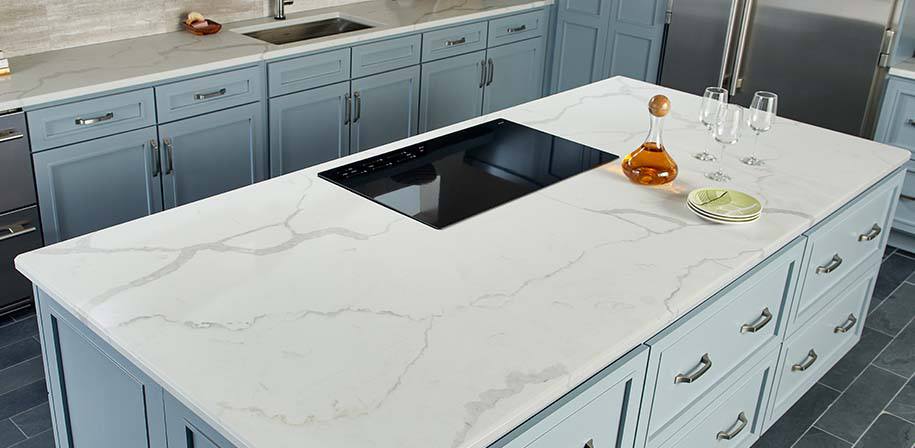
The selection process also involves considering the overall color scheme and design preferences. Quartz countertops offer a wide variety of colors and patterns, including options that mimic the look of natural stone, providing flexibility in matching the countertop to the rest of the design elements. Marble, with its distinctive veining and color variations, introduces a sense of uniqueness and can become a stunning focal point in the room.
Maintenance requirements play a significant role in the decision-making process. Quartz countertops are known for their low maintenance; they are non-porous and do not require sealing. Regular cleaning with mild soap and water is usually sufficient to keep them looking pristine. Marble, however, demands more attention. It requires periodic sealing to protect against stains and etching, and homeowners need to be diligent about cleaning up spills promptly to prevent potential damage.
The environmental impact is an increasingly important consideration for many homeowners. Quartz countertops, being an engineered product, often incorporate recycled materials and can be considered more environmentally friendly. Marble, as a natural stone, involves quarrying and extraction processes that may have a larger ecological footprint. For environmentally conscious consumers, the sustainability aspect may influence their choice between quartz and marble.

Installation is another aspect to consider. Both quartz and marble countertops require professional installation due to their weight and the precision needed for cutting and fitting. Homeowners should factor in the cost of installation and choose experienced professionals to ensure a seamless and secure fit.
Home resale value is a consideration for those thinking long-term. Quartz countertops are often considered a desirable feature in the real estate market due to their durability and versatility. Marble, while luxurious, may be viewed as high maintenance by some potential buyers. Understanding the preferences of the local real estate market can help homeowners make an informed decision that aligns with their investment goals.
Personal preferences also play a crucial role. Some homeowners are drawn to the timeless beauty of marble, appreciating the natural variations and unique character it brings to a space. Others value the practicality and modern aesthetics of quartz, appreciating its durability and ease of maintenance. The decision between quartz and marble ultimately comes down to what resonates with the individual’s style and priorities.
The choice between quartz and marble countertops involves a careful consideration of factors such as durability, maintenance, cost, design preferences, and environmental impact. Quartz offers a practical and versatile option, while marble provides a classic and luxurious aesthetic. Understanding the characteristics of each material and how they align with personal preferences and lifestyle needs is essential in making an informed decision that enhances the overall look and functionality of the home.
Images Related to Quartz Or Marble Countertops
Marble vs Quartz Countertops – Pros, Cons, Comparisons and Costs
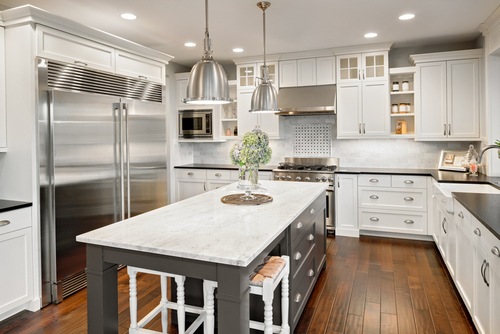
Which Quartz Countertop Looks Like White Marble. Engineered quartz

Marble Vs. Quartz: Which Is a Better Countertop Material? HGTV
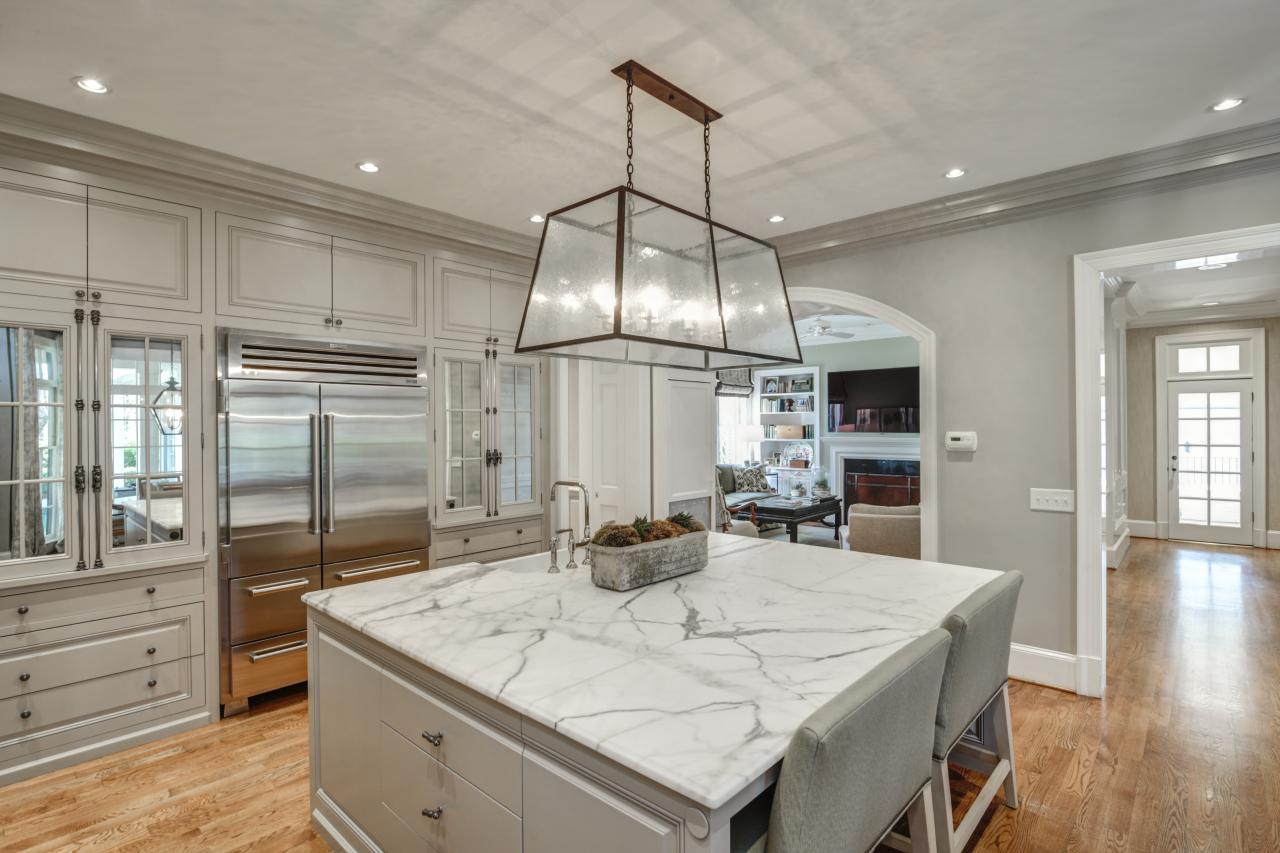
Comparison of Granite, Marble u0026 Quartz Countertops
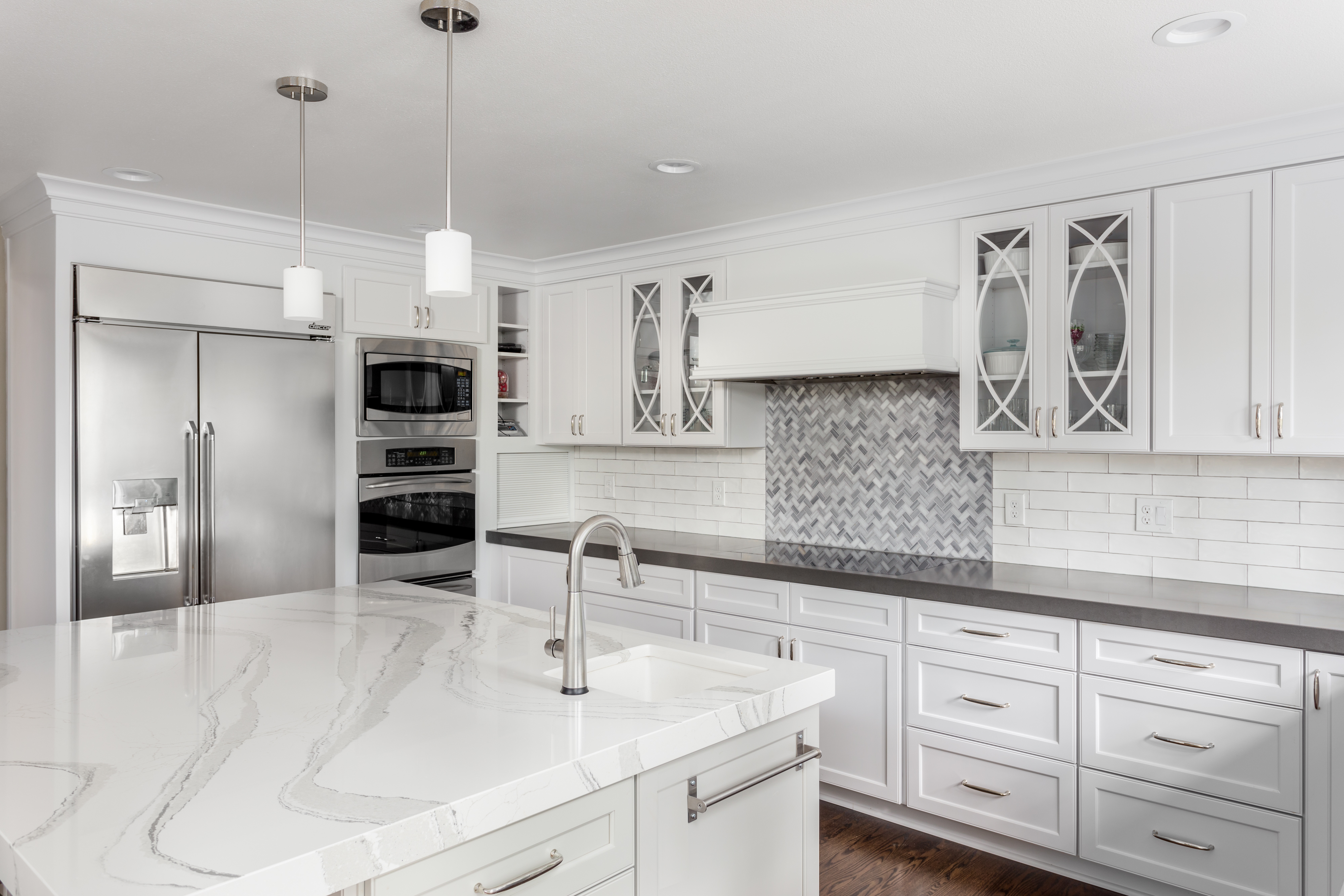
Compelling Reasons Designers Are Choosing Marble-Look Quartz
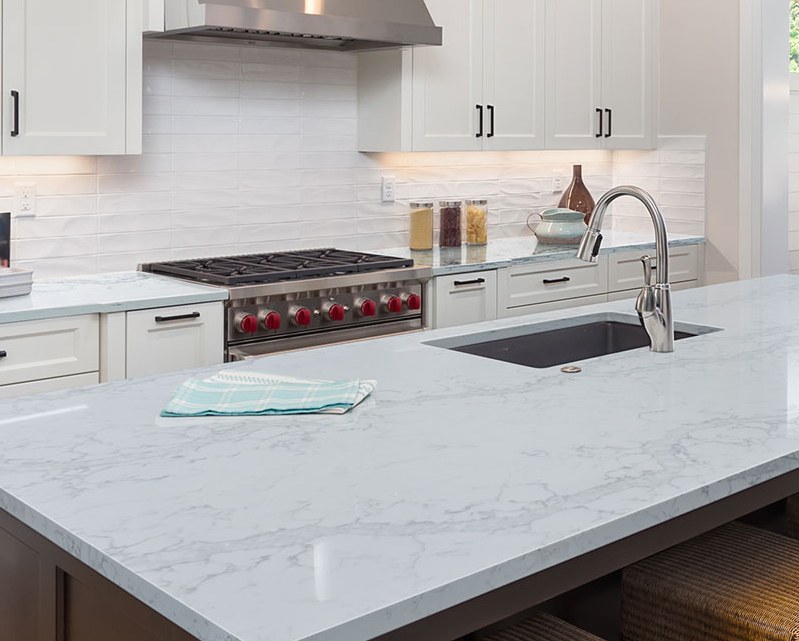
How to Take Care of Quartz Countertops u2013 MSD Marble and Granite

Related articles:
- DIY Marble Countertop Paint
- Marble Kitchen Countertops Backsplash Ideas
- How To Polish Marble Countertops
- DIY White Marble Countertops
- Marble Countertop Design Ideas
- Marble Countertops With Wood Cabinets
- Marble Countertops With Dark Cabinets
- Restore Cultured Marble Countertop
- Marble Countertop Stain Removal
- Installing Marble Countertops In Bathroom